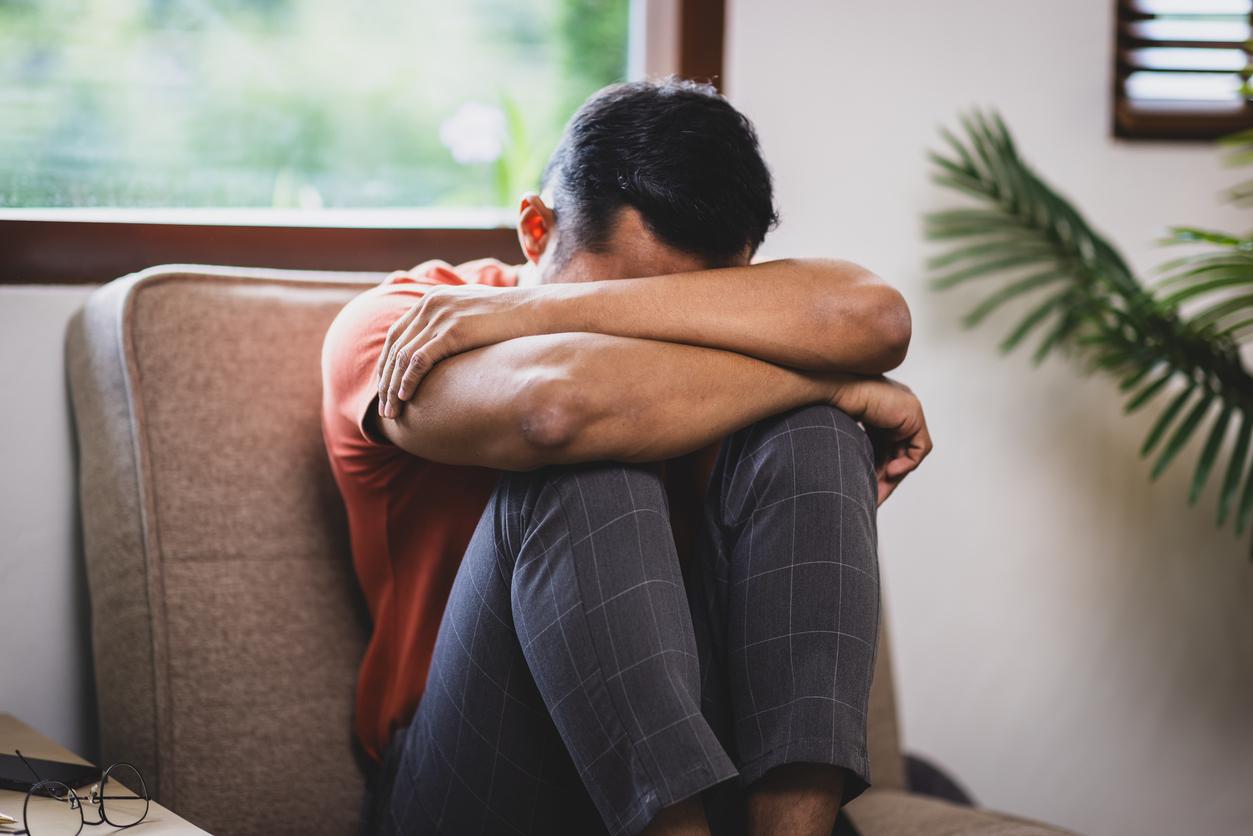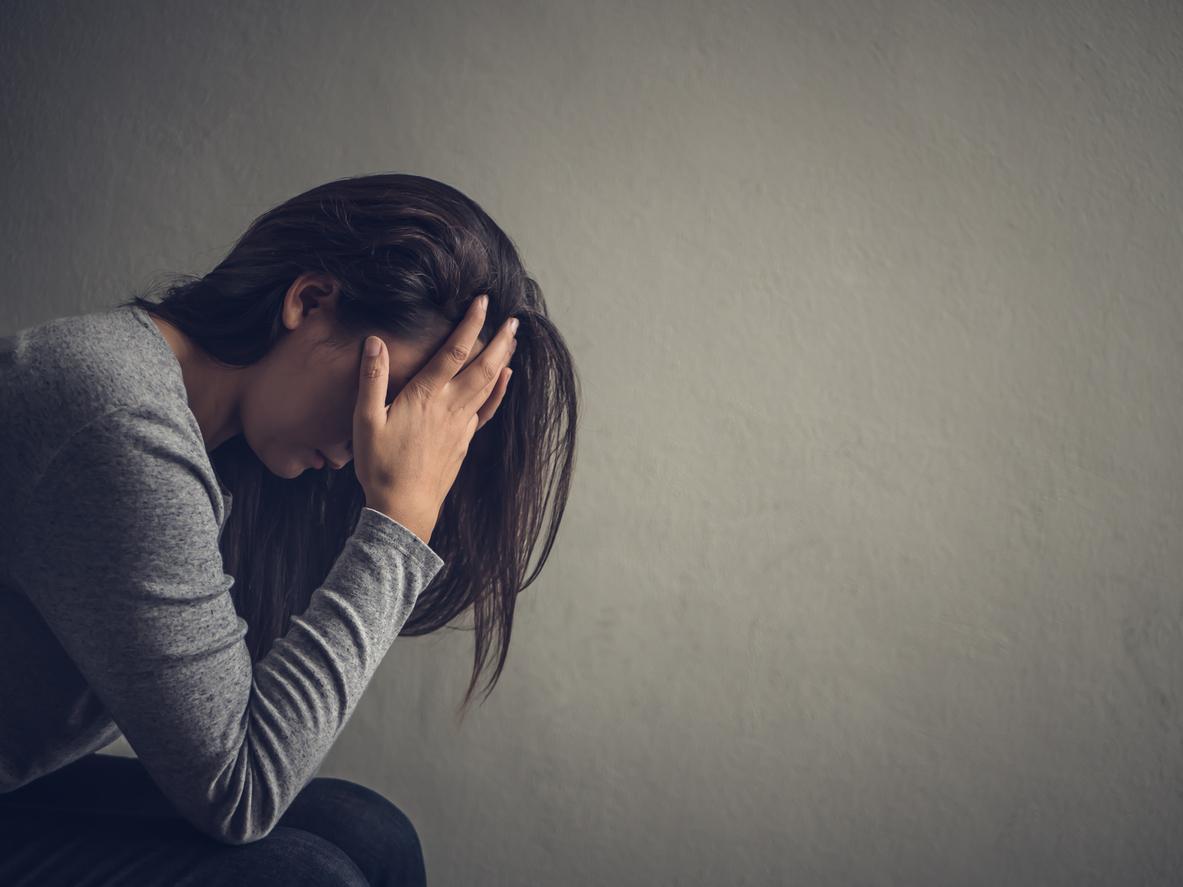Top Health: Depression or depression, what’s the difference?
Valerie Dupuy Lafon: There depressed is a state of gloom, sadness or fatigue, which we all go through at certain times in our lives, sometimes following a painful event, a difficult life context, or even simply the change of season. This state does not prevent you from feeling joy or pleasure at the announcement of good news or after a pleasant time spent with friends. Above all, it is transientlasting only a few days or short weeks.
Depression, on the other hand, is a medical condition that meets specific criteria. It is like a weight that falls on the person and prevents him from living, even by making efforts that are almost no longer possible. The criteria are duration (more than two weeks) and either depressed mood or loss of interest or pleasure in all activities, associated with four of the following symptoms: significant change in weight or appetite, sleep, agitation or psychomotor retardation, fatigue or loss of energy almost every day, feelings of worthlessness or excessive guilt, cognitive problems, recurrent thoughts of death, recurrent suicidal thoughts or attempted suicide.
We could simplify by saying that a depressed person can be understood and stimulated by those around him, while a depressed person is no longer in the relationship, any encouragement or solicitation sinks him even more. It is important to seek the evaluation of a general practitioner, psychiatrist or psychologist to differentiate these two states, because a person in depression must have medical monitoring and, generally, an appropriate treatment.
How can complementary medicines help?
Natural medicines are for me essential therapeutic tools, which truly take into account the body and the spirit and the links between them. Everyone can find great help there according to their sensitivity and needs. I use in my practice cardiac coherence, hypnosis, meditation, alternative movements. Patients are more receptive to some of these techniques than to others, the essential thing being that they appropriate them. I also offer them, depending on their sensitivity or problem, aromatherapy, acupuncture, osteopathy. Natural medicines have been developed on proven ancestral knowledge, but each body, each mind reacts differently. Not to mention our beliefs, which play a fundamental role in our illnesses and our ability to recover!
What are the limits of these approaches?
“Faced with any symptom, always start by eliminating a somatic cause“, repeats one of my psychiatrist colleagues. Also, a medical opinion should be prior to any therapeutic approach. In the event of depression, monitoring by a doctor or psychiatrist is essential and certainly drug treatment, but therapies can be put in place in parallel and participate in the recovery and regaining of autonomy.However, they should not replace ongoing treatment.
















